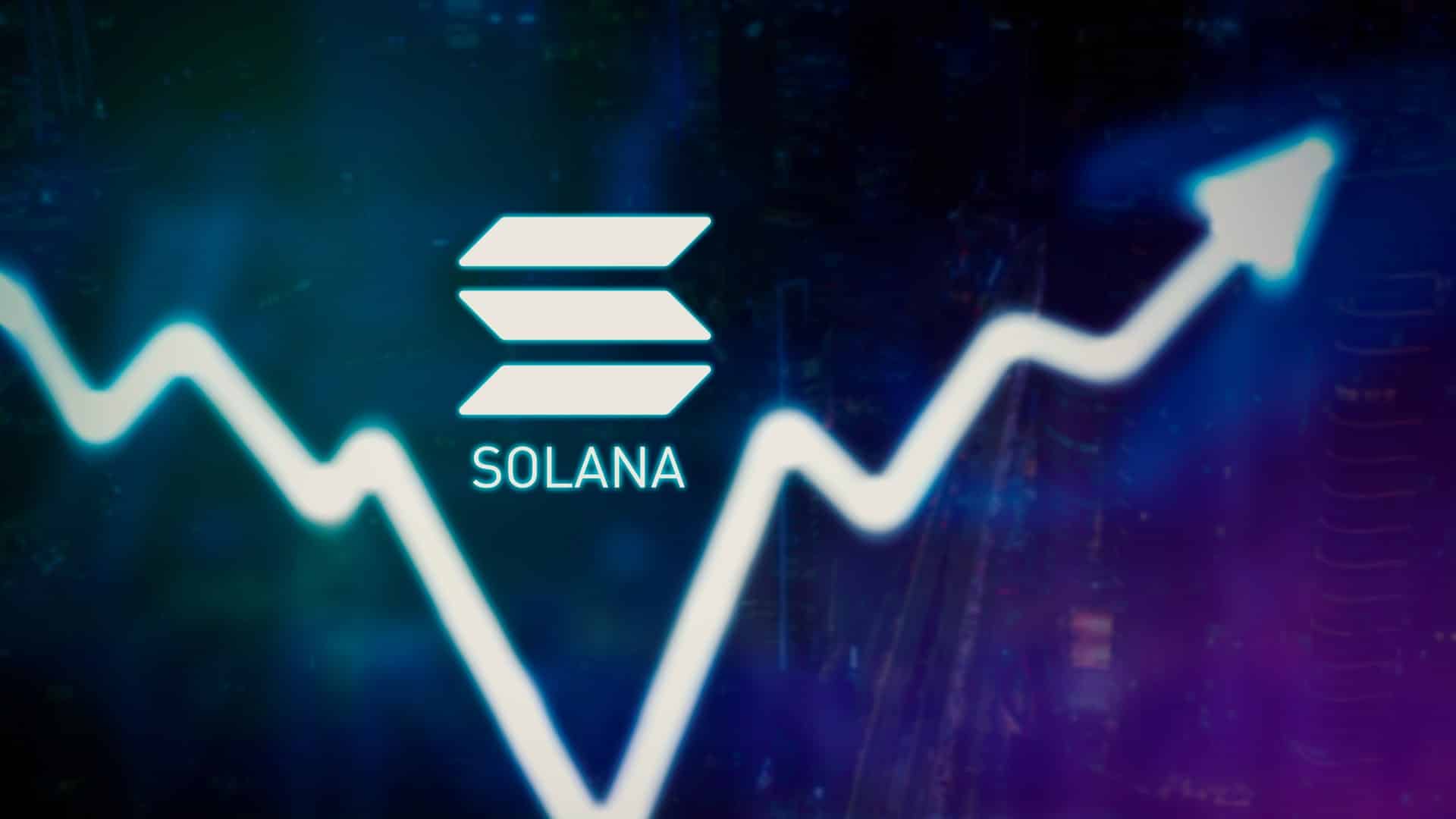European Commission issued a report entitled “European Financial Stability and Integration Review 2022”, which contains a 12-page chapter on DeFi. In addition, the authors of the report represent a sensible approach to this topic.
EU report: DeFi can help
The report shows how DeFi can help reduce financial audit costs and provide significant opportunities for cross-border financial integration.
The European Commission has shown an unexpected understanding of how DeFi actually works, calling it something different from traditional finance and recognizing that the current system will require a reassessment of regulation.
Patrick Hansen, a cryptocurrency expert and consultant at Presight Capital, who has been monitoring European regulations for years, shared some key information from a recent European Commission report.
Highlights of the EU report
In a report, the European Commission defines DeFi as “an emerging form of autonomous financial intermediation in a decentralized digital environment driven by ‘smart contracts’ on public blockchains”. It recognizes that smart contracts can replace regulated intermediaries, and suggests that regulatory efforts focus on communicating with the teams that create them.
As stated in the report, the DeFi system has several advantages over the traditional financial system. These include, for example:
“Compared to the traditional financial system, DeFi increases the security, efficiency, transparency, availability, openness and interoperability of financial services.”
The report addressed the potential of a public blockchain for researchers and supervisors. They have free access to historical and real-time trading data. It can help to understand the risks that “often remain unclear”.
A more comprehensive approach
The report calls for a more comprehensive and integrated approach to regulation that takes into account both financial actors and their activities. He proposes shifting the balance from entity-based systems to activity-based systems.
The report proposes:
“However, it is clear that simply copying traditional regulatory approaches in a decentralized environment may not be the answer, as they traditionally target intermediaries who play a central role in the financial system. Adapting the regulatory framework to a decentralized environment can be challenging and would require a reassessment of the regulatory approach. ”
After several controversial episodes, the DeFi chapter in the recent draft EU regulation is a relief. So, what was originally planned to ban PoW-mining has, fortunately, been reversed and the amendment to the regulation on transfers of funds will not focus on wallets that are not in custody.
It seems that the EU really wants to take the lead in regulating cryptocurrencies and DeFi and build a framework that is friendly.
The 4 most beautiful places for crypto millionaires
- Bonk Price Analysis – November 19, 2024: Bark or Bite? - November 19, 2024
- CEO Ripple Labs Criticized for Promoting XRP and CBDCs in Alleged Meeting with Trump - November 18, 2024
- Pepe Price Analysis 18/11/2024: The Amphibian Chronicles - November 18, 2024





















